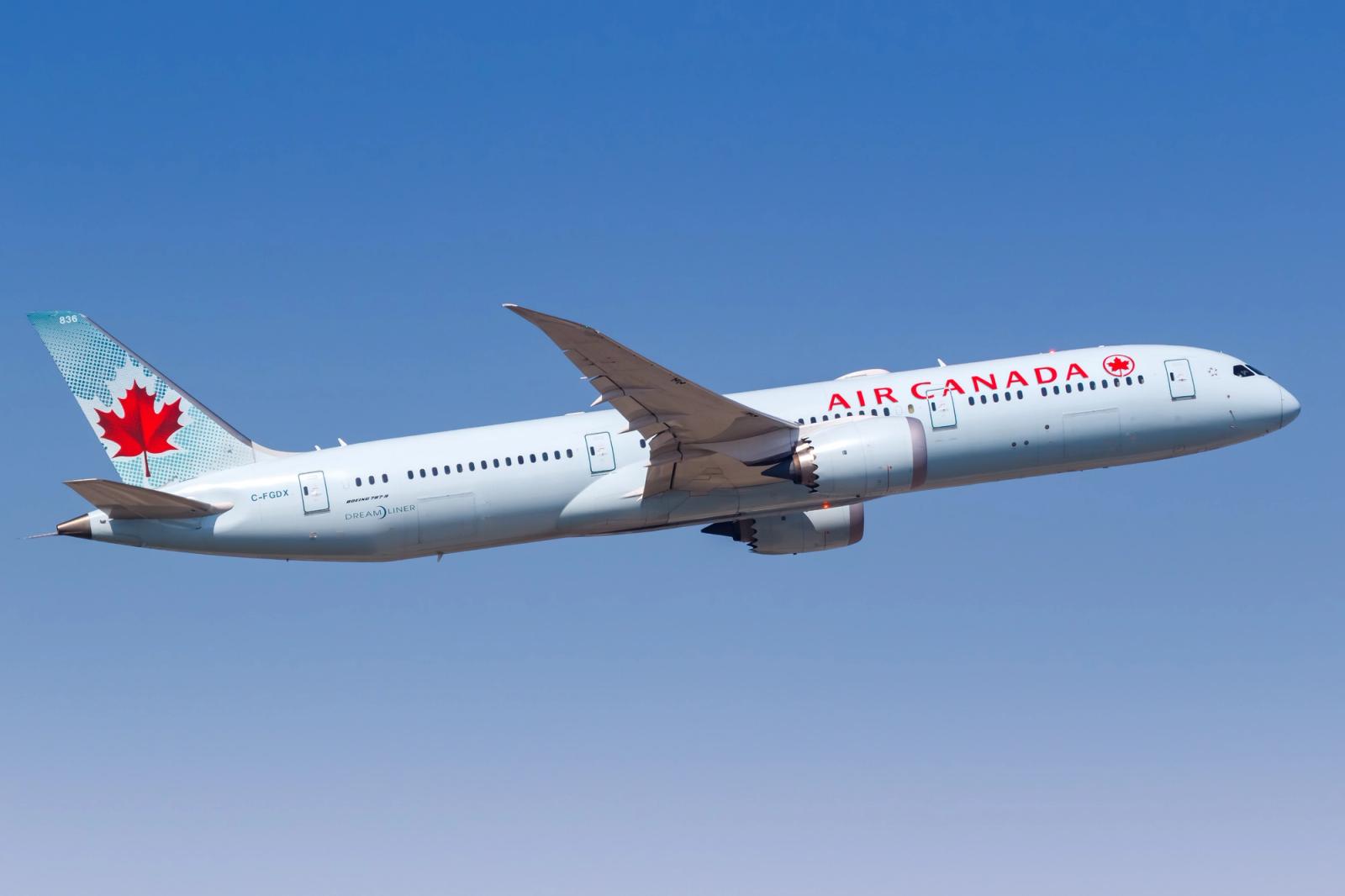The Topline
- The Canadian Union of Public Employees (CUPE), representing roughly 10,000 Air Canada and Air Canada Rouge flight attendants, issued a 72‑hour strike notice on Tuesday
- Flight attendants are demanding pay for all hours worked, including unpaid ground duties
- Air Canada responded with a lockout notice and are ramping up toward a full suspension of flying by Saturday
Switch sides,
back and forth
Pay the workers for their actual work
CUPE has been negotiating a new contract with Air Canada since March, pushing for wage increases to account for the rise of inflation and increased cost of living across the country. So far, they’ve gotten nowhere.
Chief among the issues for flight attendants is that all ground duties are currently unpaid – they’re only compensated for work from when the aircraft takes off until it lands.
This means all boarding, safety checks and any grounded flight delays are unpaid, resulting in hundreds of unpaid hours annually per worker, despite being responsible for passenger safety the entire time.
The pay scale for flight attendants ranges from $41.39 for a Rouge flight attendant with five years of service up to $87.01 for a service director, with $63.07 the average hourly rate for a mainline flight attendant with 10 years of service.
However, according to Reddit-dwelling flight attendants , they can work up to double the hours they’re actually paid for, so that $41 / hour starts to look more like $20 / hour.
While Air Canada states pay rates are competitive with other airliners in North America, CUPE says it’s nowhere close to enough – many new attendants are resorting to food banks or need second jobs to cover living expenses.
CUPE points out that Air Canada has posted billions in profits in recent years and says that the airliner can afford to fairly compensate its union members without passing those additional costs on to the public.
And while flight attendants are locked into outdated contracts, executive compensation has soared. Air Canada CEO Michael Rousseau reportedly earned nearly $12.5 million last year, while wages for flight attendants have barely moved , especially when factoring in unpaid work and inflation.
The union is also asking that flights be adequately staffed, as flights are staffed at minimum legal requirements, which increases safety risk for passengers and has more potential for burnout of front-line workers. CUPE is also pushing for more regular scheduling of staff time to reduce the potential for fatigue and burnout.
SO WHAT?
Currently flight attendants are only paid for their time when they’re in the air – all ground duties aren’t compensated, despite these workers being, y’know, at work. Not only is this unethical, but from CUPE’s point of view, it increases the risk for stress and burnout for these flight attendants, and ultimately reduces safety for their passengers.
We, uh, can’t afford it
Are passengers willing to pay substantially more for their flights? Air Canada doesn’t think so.
The airliner needs to balance competitive wages of its staff with maintaining affordable fares in domestic and international markets. On top of what the company says is an above-average hourly pay (compared to other Canadian airlines), flight attendants also receive comprehensive health and dental benefits, as well as travel privileges and defined contribution pension plan and profit-sharing.
And while the airliner has posted strong profits over the past two years, the company has argued that long-term cost discipline is essential for the company’s viability. They need to account for volatile fuel costs, global economic uncertainty, and the need to invest in a new fleet of aircraft that can reach sustainability goals.
(No response to criticisms of Rousseau’s handsome compensation package, however.)
The shutdown comes during peak summer travel, putting significant strain on Canada’s tourism sector – and Air Canada specifically. The flight cancellations could affect up to 130,000 travellers, according to the airline, which expects to cancel around 500 flights.
Air Canada has asked the federal government to send the dispute to binding arbitration, saying this would avoid a full shutdown and resolve the conflict quickly, since the strike is negatively impacting passengers and the Canadian economy unnecessarily.
Canadian Jobs Minister Patty Hajdu has also urged both parties to return to negotiations and is considering referring them to binding arbitration.
The union has so far opposed arbitration.
SO WHAT?
Air Canada argues that CUPE’s demands for wage increases and set scheduling would raise operating costs to the point where we’d see significantly higher ticket prices, reduced routes, or both.

